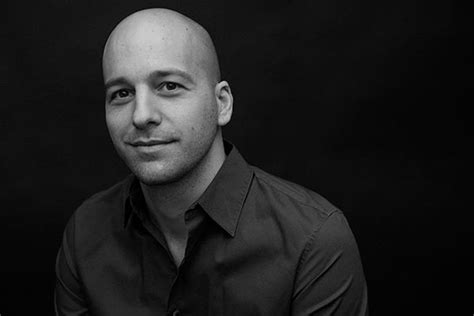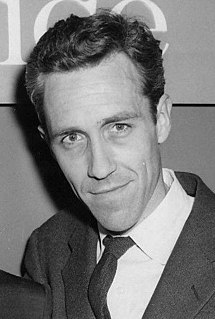A Quote by Karen Armstrong
We have to make a disciplined effort to find out what our governments are doing in these various parts of the world and what is actually happening. We have to learn to listen to each other's stories. Something we are not very good at.
Related Quotes
We are opinionated society. We're very happy to spout forth our own views; we're not good about listening. We have to listen to other's stories. Learn to listen to the stories of the terrorists just as we hope that they will listen to ours because very often these narratives express frustrations, fears, and anxieties that most societies can safely ignore.
I think that's actually what draws me to family stories: the various roles we each play with each member of our families, and how different they can be from who we are with our friends and partners and lovers. I'm endlessly fascinated by how we navigate these family dynamics; they are the dramas each of us live out day after day, often in ways we don't even realize.
You make good work by (among other things) making lots of work that isn't very good, and gradually weeding out the parts that aren't good, the parts that aren't yours. It's called feedback, and it's the most direct route to learning about your own vision. It's also called doing your work. After all, someone has to do your work, and you're the closest person around.
As an activist, you do find yourself directed more toward public action. But I've always tried to use stories from my own life in my writing for instance. It has always been clear to me that the stories of each other's lives are our best textbooks. Every social justice movement that I know of has come out of people sitting in small groups, telling their life stories, and discovering that other people have shared similar experiences. So, if we've shared many experiences, then it probably has something to do with power or politics, and if we unify and act together, then we can make a change.
When we haven't the time to listen to each other's stories we seek out experts to tell us how to live. The less time we spend together at the kitchen table, the more how-to books appear in the stores and on our bookshelves. But reading such books is a very different thing than listening to someone' s lived experience. Because we have stopped listening to each other we may even have forgotten how to listen, stopped learning how to recognize meaning and fill ourselves from the ordinary events of our lives. We have become solitary; readers and watchers rather than sharers and participants.




































